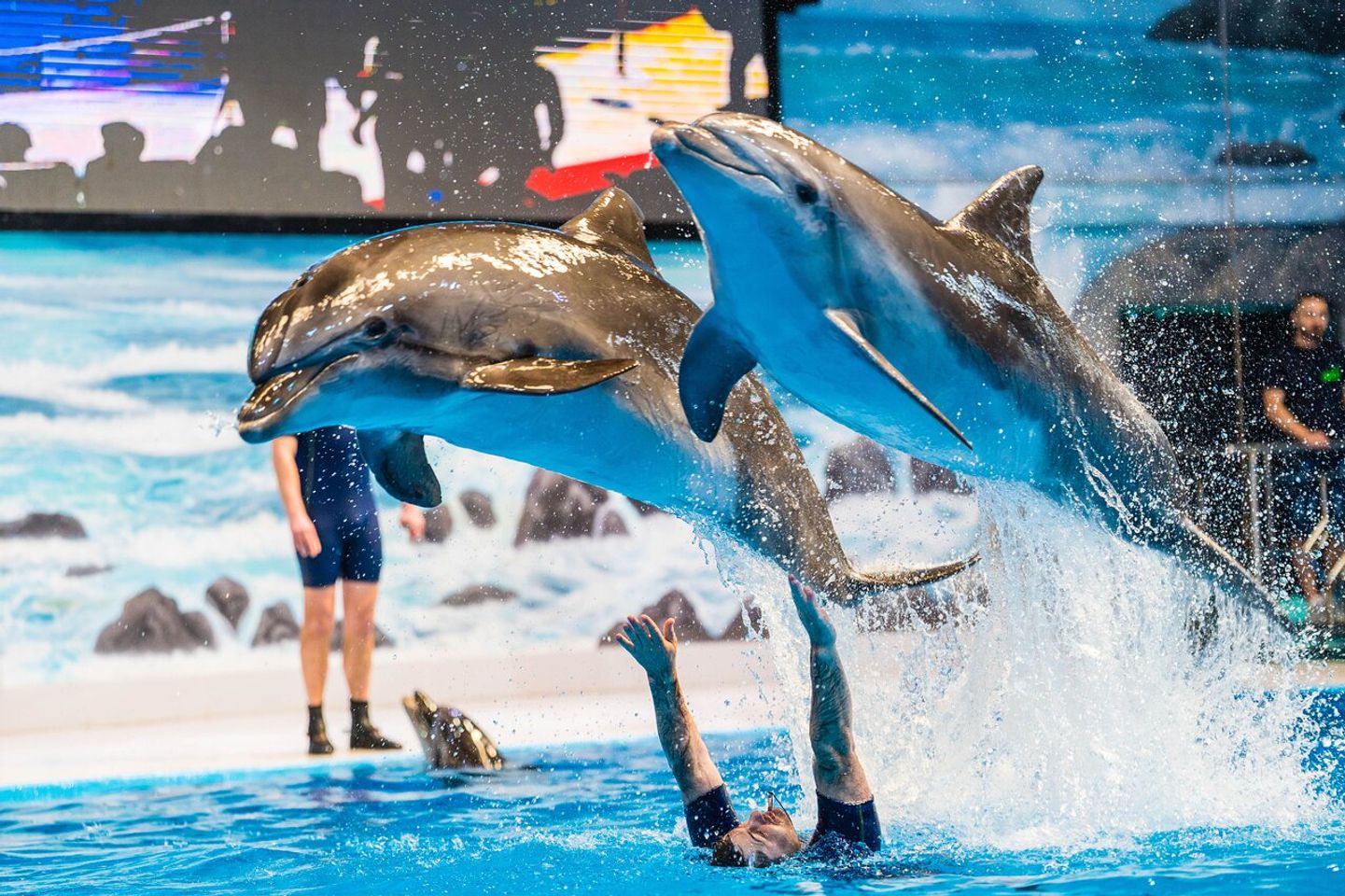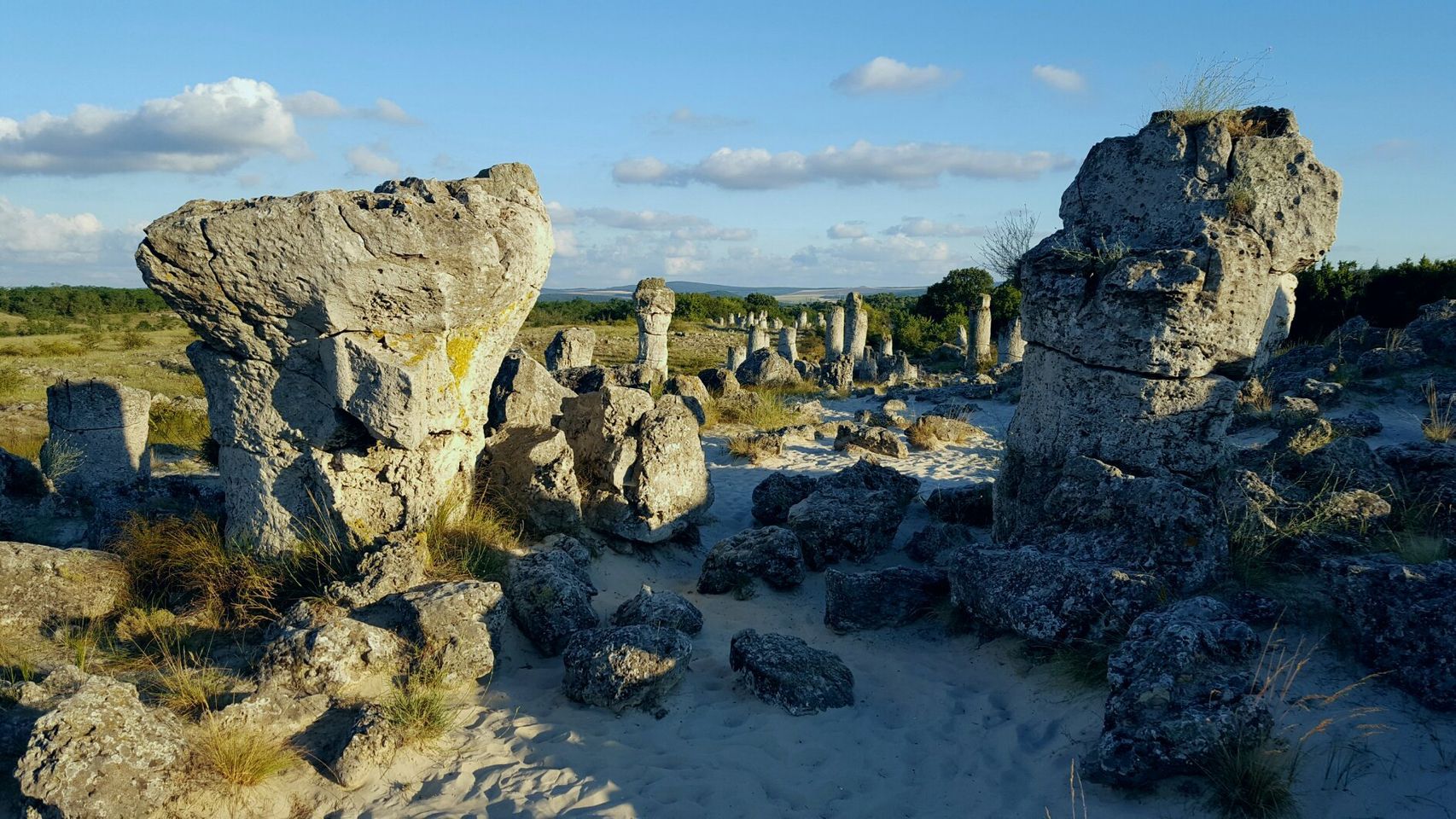Dive into Adventure: Experiencing the Enchanting Dolphinarium in Varna

As a society, we have always been fascinated by marine mammals, especially the highly intelligent and friendly dolphins. The idea of swimming with these graceful creatures seems like a dream come true for many people. However, the reality of captive dolphin shows in dolphinariums is far from the idealistic picture that we see. One such facility that has been the center of controversy is the Dolphinarium in Varna, Bulgaria.
The Varna Dolphinarium has been the subject of heated debates regarding animal welfare, ethics, and conservation. While the Dolphinarium claims to provide an educational experience for visitors, the reality is quite different. It’s important to raise awareness about the negative effects of keeping dolphins in captivity for entertainment purposes.
In this article, we will delve deeper into the issue of dolphin captivity and specifically look at the Varna Dolphinarium in Bulgaria. We will examine the arguments for and against dolphin captivity and ask whether it’s ethical to keep these intelligent creatures in concrete pools for human entertainment. Click here to access the complete city guide for Varna.
Dolphin shows and performances
As a wise and passionate advocate for animal welfare, I must say that I find dolphin shows in Dolphinariums unacceptable. Despite being marketed as a form of amusement for visitors and a way of educating them about marine life, these performances are nothing more than a cruel exploitation of these intelligent creatures.
In the wild, dolphins are known for being social animals. They swim freely in the vast ocean and communicate with each other through complex vocalizations. In captivity, these creatures are often confined to small tanks, deprived of their natural habitat, and subjected to a life of redundancy, stress, and misery.
In Varna’s Dolphinarium, it’s evident that the animals are not living in a way that celebrates their innate abilities. Rather, they are trained to perform tricks that are entirely unnatural and do not serve any meaningful purpose. In conclusion, dolphin shows are a display of human arrogance that devalues the precious lives of these creatures. As responsible and compassionate people, we should avoid supporting such shows.
Conservation efforts and education programs
We cannot stress this enough: conservation efforts and education should be the top priorities when visiting any dolphinarium. It’s essential to remember that dolphins and other marine mammals are living beings that deserve our utmost respect and protection. That’s why we applaud the efforts made by the Dolphinarium in Varna, Bulgaria, to raise awareness about the importance of preserving the ocean’s delicate ecosystem.
However, we also believe that conservation efforts and education should go hand in hand when visiting places like the Dolphinarium. While it’s great to see these magnificent animals up close, it’s equally important to learn about them, their habitats, and their behaviors. Visitors should be encouraged to ask questions and engage in discussions about marine conservation, not just sit and watch a show.
In conclusion, conservation and education are crucial when visiting places like the Dolphinarium in Varna. By prioritizing these efforts, we can not only ensure that the dolphins are well-cared for, but also raise awareness about marine conservation and inspire visitors to take action in their own lives to protect the ocean’s precious ecosystem.
Visitor experience and amenities
When visiting an attraction like a dolphinarium, we expect an experience that is both educational and entertaining. However, it is equally important for visitors to have access to basic amenities such as food, water, and seating arrangements. Unfortunately, this is not always the case when visiting the Dolphinarium in Varna, Bulgaria.
While the dolphin shows are undoubtedly the main draw, it is disappointing to find a lack of seating, especially during peak hours. We were forced to stand for over an hour, eagerly waiting to see the dolphins perform. Additionally, access to food and water was sparse, with long queues and limited options. This can especially be a challenge for families with young children, who may need to take breaks and hydrate.
Furthermore, the dolphinarium could put more effort into the educational experience for visitors. A lack of information on the behavior and biology of the dolphins, along with poor visibility when it came to the dolphins’ habitats, left us feeling unsatisfied. Overall, we believe that the Dolphinarium in Varna has the potential to provide an excellent experience but falls short in its attention to visitor experience and amenities.
Conclusion
In conclusion, the issue of dolphinariums in general has sparked fierce debate worldwide. Dolphinariums are attraction spots for many tourists, but these establishments have a dark side that is often overlooked. In Varna, Bulgaria, the dolphinarium in question has led to the capture, confinement, and exploitation of highly intelligent and social beings for human entertainment.
We believe that the continuing existence of dolphinariums and similar institutions is emblematic of the larger issue of man’s exploitation of animals and the environment. The disregard for the wellbeing of animals in the name of human entertainment is unacceptable. Instead, we should seek to inform and educate visitors and locals on the cruelty involved in keeping dolphins and other marine animals in captivity.
Ultimately, it is up to us to make a decision about the type of world we want to live in. One where animals are exploited for our amusement or one where we respect their autonomy and well-being. It is time to speak up and demand change. We call for the closure of dolphinariums and other similar institutions for the greater good of all animals and our planet.





